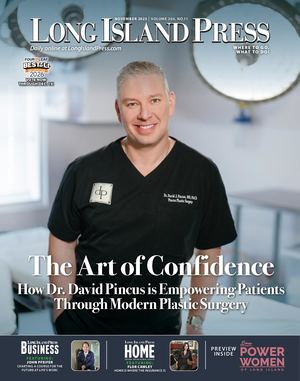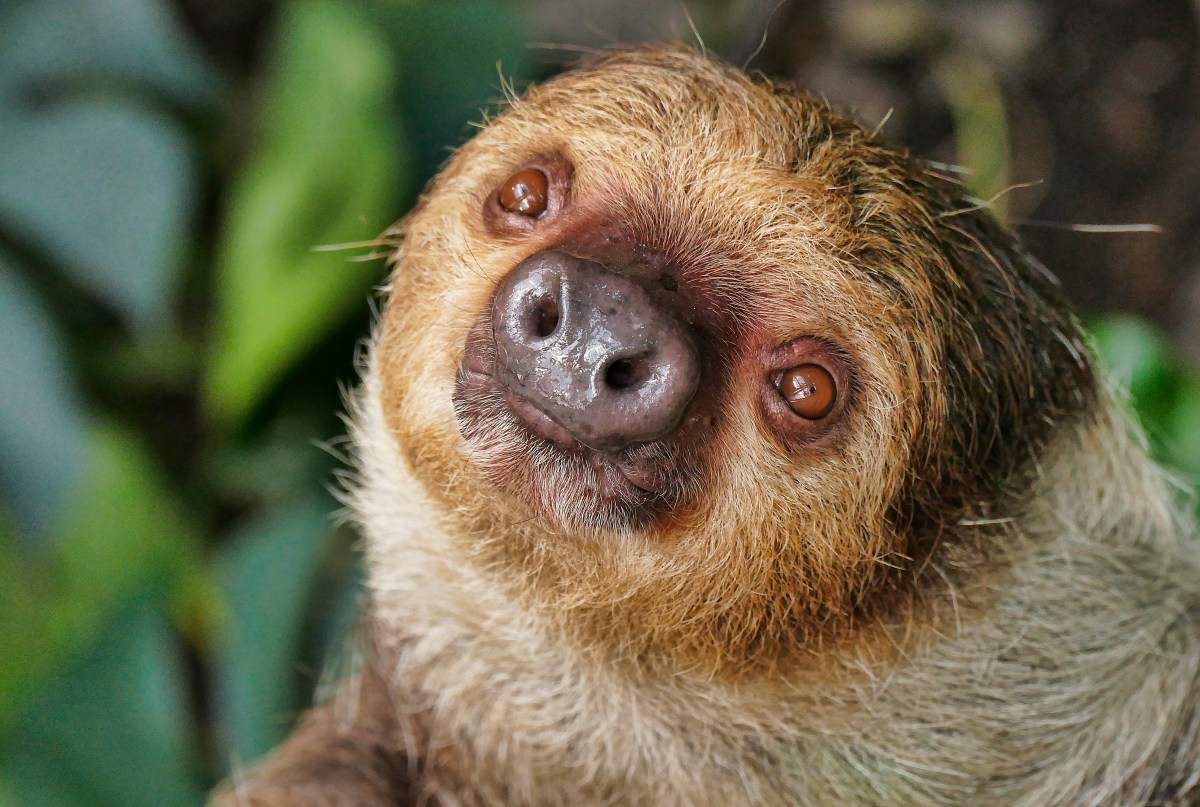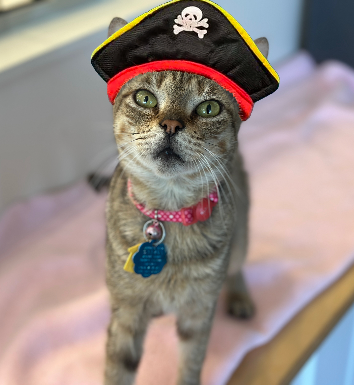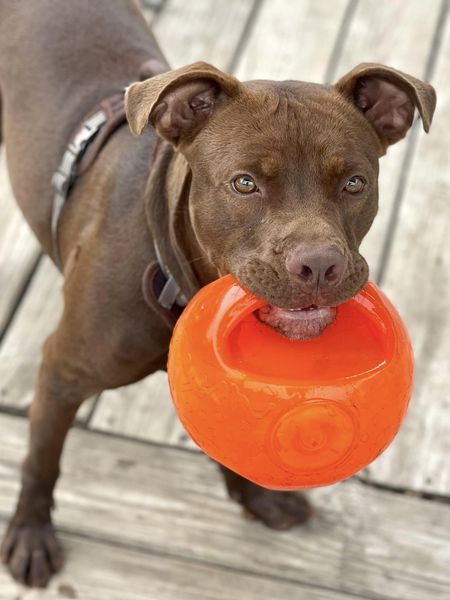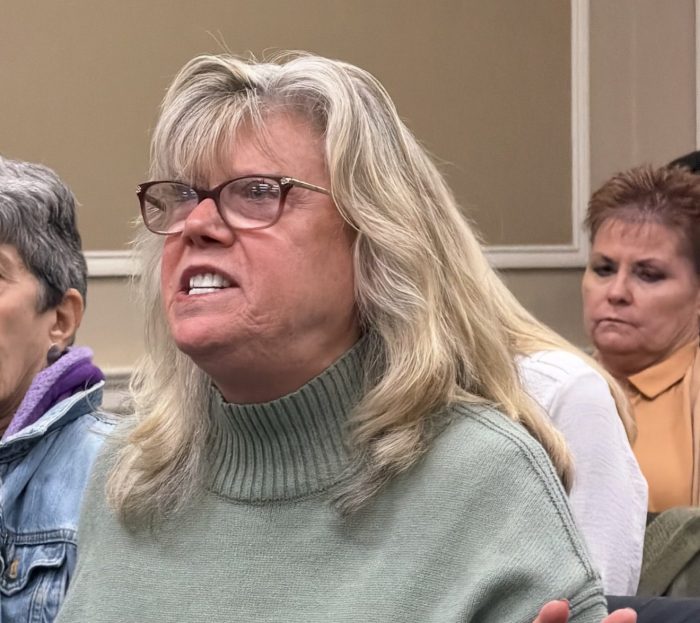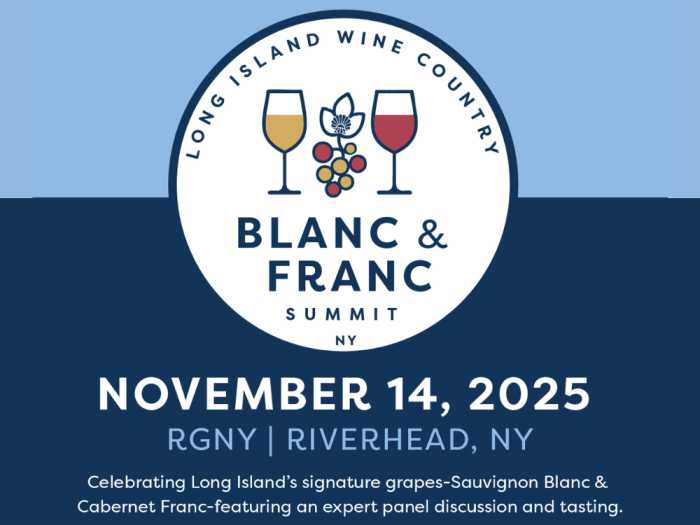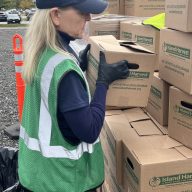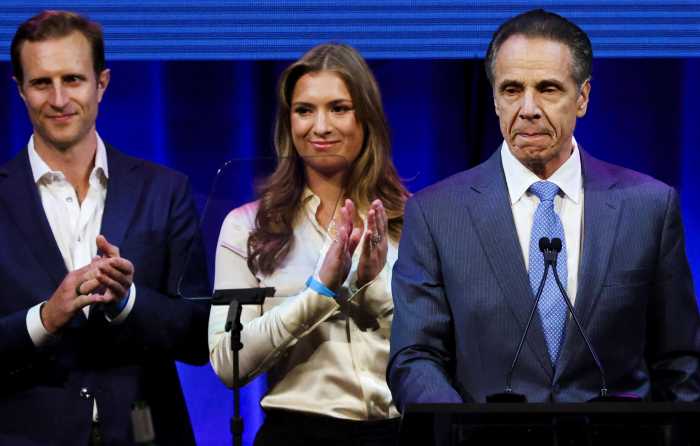The exotic pet trade has become an alarming trend, driven largely by social media and wildlife encounters that blur the lines between wild animals and household pets.
According to John Di Leonardo, President and Executive Director of Humane Long Island, seemingly innocent interactions are misleading the public into believing wild animals can live as pets.
“When people see wild animals being touched and hand-fed, whether on social media or at a zoo, they are tricked into believing that these animals are somehow tame or even domesticated,” he said.
But many of these animals are artificially manipulated through harmful practices such as drugging, physical abuse, or starvation to make them appear docile. This misconception has spurred a demand for a wide range of exotic pets, both legal and illegal.
“Over the past year, Humane Long Island has shut down an unlawfully operated sloth encounter, worked with authorities to confiscate pythons, a caiman, and a wallaby from the Coney Island boardwalk, and assisted with the surrender of dozens of baby turtles,” Di Leonardo recalled.
Other cases include removing sick prairie dogs, parrots, a South American ostrich, monitor lizards, and an African Land Snail from hoarder homes.
While many of these animals are sold illegally, others are obtained through legal channels, often from stores like Petco or PetSmart, due to lax regulations. In New York State, wild animals are technically illegal to keep as pets, but the legal definition only applies to native wildlife and certain dangerous species like lions, tigers, or venomous reptiles. As a result, many exotic animals slip through the regulatory cracks, becoming easy targets for corrupt wildlife dealers.
Furthermore, many of these exotic pets, acquired as babies when they are cute and manageable, grow into wild, dangerous creatures that are expensive and difficult to care for. As a result, they are often abandoned or hoarded in unsafe conditions.
While it is illegal and punishable by up to a year in jail in New York State to abandon a wild animal, those that are released, either accidentally or deliberately, pose a threat to local ecosystems. Invasive species like the red-eared slider turtle, commonly sold illegally as babies, are out-competing native species like the box turtle, which is now threatened with extinction in New York. Other invasive species, like pythons and Nile monitor lizards, have devastated ecosystems in places like the Everglades.
“The owner of Sloth Encounters was arrested last year after we found him selling Nile monitors in his now-shuttered Hauppauge store,” said Di Leonardo.
To combat illegal exotic pet sales, Di Leonardo urges the public to report suspicious activity.
“If you see something, say something,” he said.
Local SPCAs or humane societies can assist in investigating exotic pet cases, and Humane Long Island is ready to help from Manhattan to Montauk. Individuals who have been approached, considered purchasing or who have purchased an exotic animal illegally should not panic. Humane Long Island can help take down traffickers and place animals in safe, licensed sanctuaries where they can live a more natural life.
Beyond individual action, legislative changes are critical to protecting both animals and the public. While current New York State laws are insufficient, state Sen. Monica Martinez (D-Brentwood) and state Assembly Member Linda Rosenthal have introduced legislation to expand the list of regulated animals. This bill, if passed, would include exotic species like sloths, capybaras, and kangaroos, ensuring better protection and regulation.
“Passing this legislation in the next session is critical to protect animals who are clearly wild and have no place in people’s homes,” said Di Leonardo.
In the end, the solution to the exotic pet problem lies in education, legislation, and a fundamental respect for wildlife. As Di Leonardo always said, “Wild animals belong in the wild. Birds don’t want to live in a cage, fish don’t want to swim in a bowl, and sloths don’t want to be handled.”
By understanding this, we can help protect animals and prevent the harmful consequences of the exotic pet trade.
